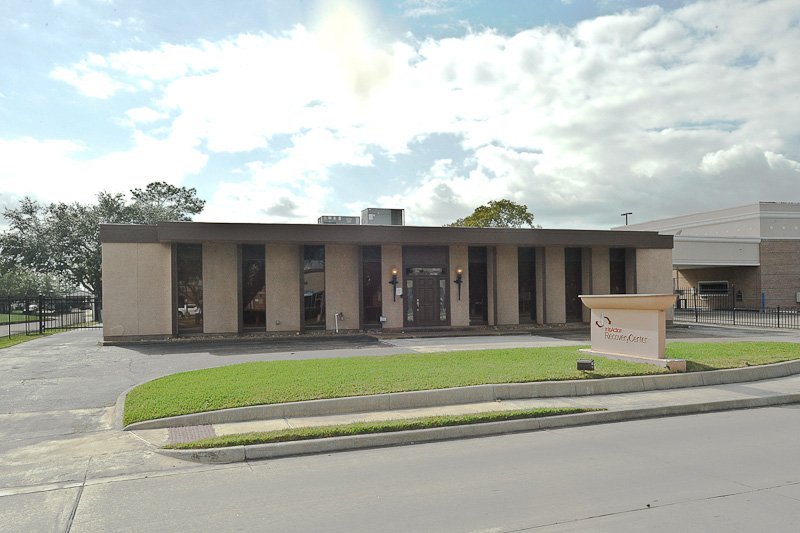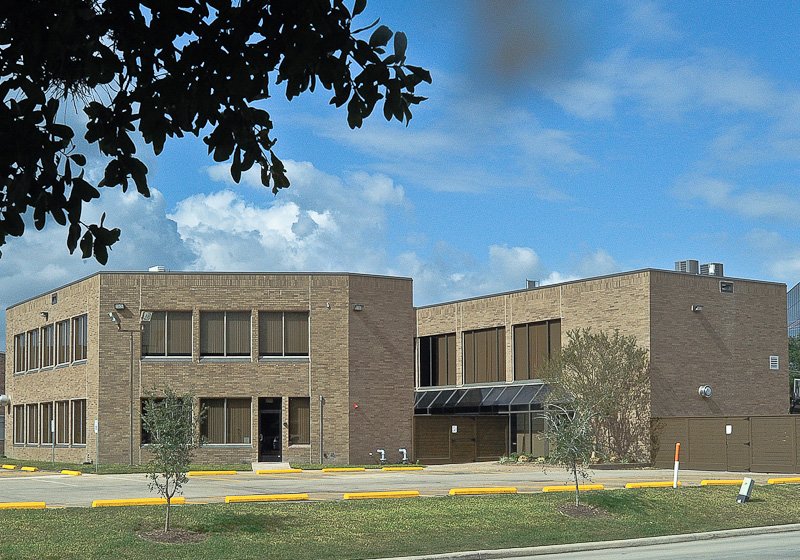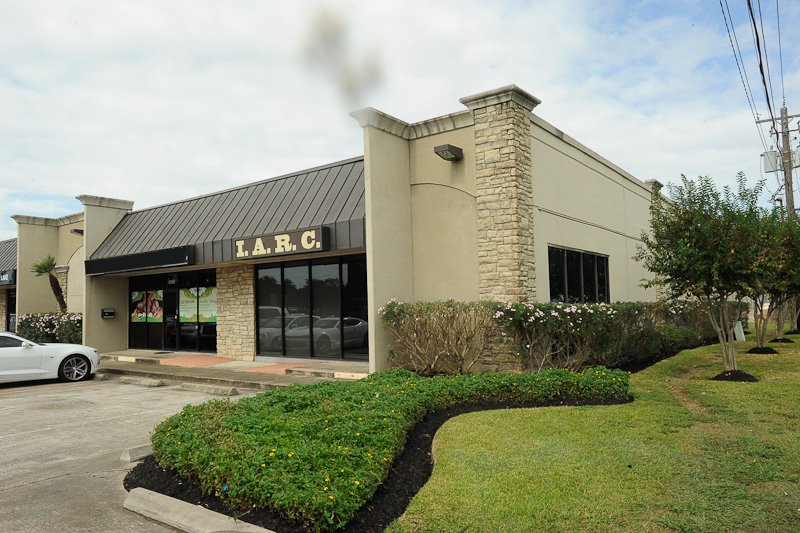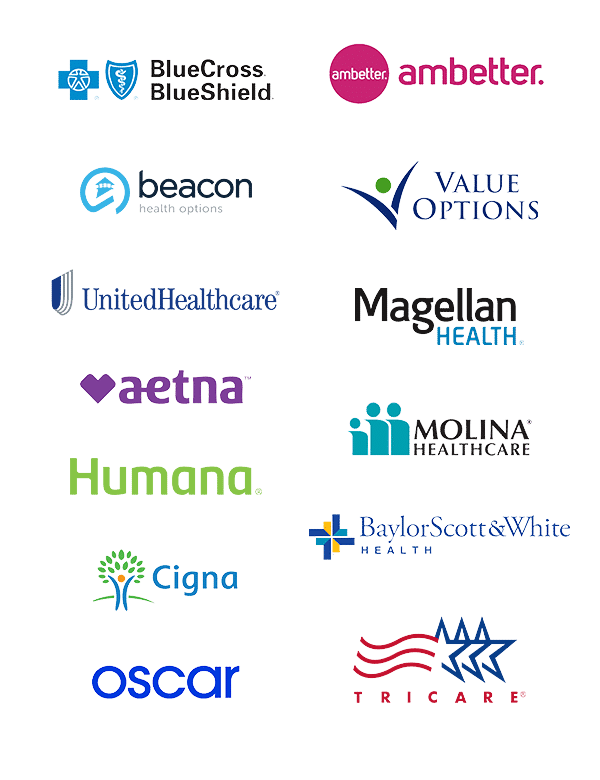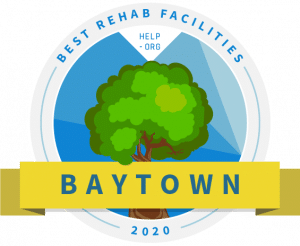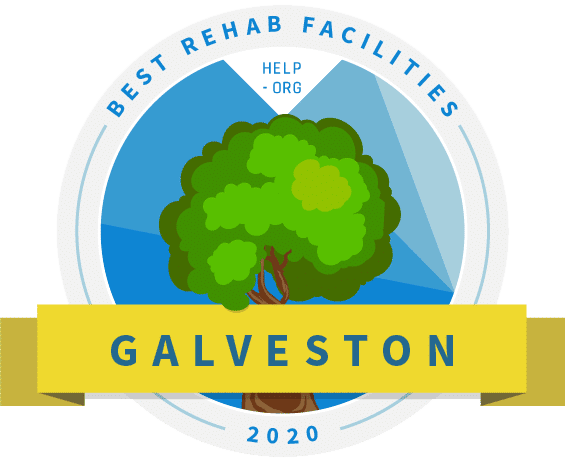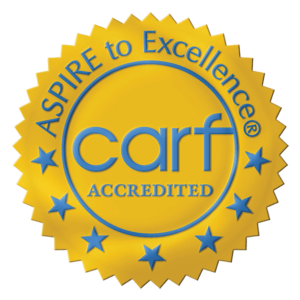We offer high-quality, customized prescription drug addiction treatment for those with one or more prescription drug addictions as well as co-occurring disorders. Our staff is experienced in treating underlying conditions that may be causal to an addiction, providing you or your loved one with the tools necessary for lifelong sobriety.
Signs of Prescription Drug Abuse
What is prescription drug addiction?
The primary purpose of prescription medications is to treat disease and ease pain. Unfortunately, abuse of prescription drugs continues to rise as teenagers and young adults are misusing them for stimulant, euphoric, or sedative effects. These drugs are typically acquired at home, taken from a family member’s prescription, or abusing their own or a friend’s. The National Center for Drug Abuse Statistics (NCDAS) estimates that approximately 52 million Americans aged 12 and older have used prescription drugs for recreational use at some point in their lives.
The most commonly misused prescription drugs include:
- Opioids: Vicodin, Demerol, OxyContin, Percocet, and Dolophine
- Stimulants: Adderall, Dexedrine, and Ritalin
- Central Nervous System (CNS) depressants: Valium, Xanax, Ambien, Luminal, benzodiazepines, and Nembutal
Generally, the signs and symptoms associated with prescription drug addiction depend on the type of drug abused. However, there are some common indications of prescription drug abuse that are relevant to all types of prescription drugs.
Physical symptoms include:
- Changes in sleeping patterns
- Unusually energetic or overly fatigued
- Changes in appetite
- Nausea
- Headaches
- Dizziness
- Taking drugs to prevent withdrawal symptoms
- High tolerance for the prescription drug
Behavioral symptoms include:
- Stealing prescriptions from friends and family
- Repeatedly saying prescriptions were lost or stolen to acquire more
- Obtaining prescriptions from different doctors
- Crushing pills and snorting or mixing drugs with water to inject into the body
- Borrowing prescriptions from others
- Taking prescriptions more often than recommended
- Relationship and social problems
- Constantly doctor shopping
Psychological behavioral symptoms include:
- Noticeable mood changes
- Poor judgment or decision-making
- Appearing high and disoriented
- Confused about people, places, and time
- Obsession over obtaining and taking prescription drugs
Effects of Prescription Drugs On the Body and Brain
Depending on the type, prescription drugs can affect the body and brain in different ways.
Opioids
Prescribed to ease and relieve pain, opioids bind to opioid receptors located in the brain, spinal cord, and gastrointestinal tract, reducing pain perception. Additionally, the brain floods with dopamine, evoking a sense of euphoria.
Short-term effects of opioids:
- Euphoric feelings
- Drowsiness and lethargy
- Headaches
- Mental fog
- Dry mouth
- Numbness
- Respiratory depression
Long-term effects of opioids:
- Weak bones and arthritis
- Hypoxia (lack of oxygen in body tissue)
- Increased risk of heart attacks
- Hallucinations
- Depression
CNS Depressants
CNS depressants, also known as sedatives and tranquilizers, are used to treat anxiety and sleep disorders by increasing the brain’s neurotransmitter gamma-aminobutyric acid (GABA), which in turn reduces the activity of the brain’s neurons and nerve cells.
Short-term effects of depressants:
- Falling asleep at inappropriate times (school or work)
- Confusion
- Dizziness
- Slurred speech and blurred vision
- Nausea and vomiting
- Memory loss
- Blacking out
- Impaired judgment and mental functioning
Long-term effects of depressants:
- Sleep problems (like insomnia)
- Breathing problems
- Convulsions resembling seizures
- Mental health issues (like depression)
- Suicidal thoughts
Stimulants
Typically prescribed for treating Attention Deficit Hyperactivity Disorder (ADHD), stimulants enhance the effects of norepinephrine and dopamine, which invigorates the body.
Short-term effects of stimulants:
- Sleep issues (Sleeplessness or disturbed sleep patterns)
- Nausea
- Loss of appetite
- Panic attacks
- Hallucinations or mild psychotic behavior
- Increased heart rate, blood pressure, and body temperature
Long-term effects of stimulants:
- Permanent damage to blood vessels of the heart and brain
- Heart attacks
- Seizures and stroke
- Organ damage (liver, kidney, and lungs)
- Psychosis
- Depression
- Cerebral hemorrhage and brain damage
- Epilepsy
The Dangers of Using Prescription Drugs
Prescription drugs are normally prescribed to provide relief from disease, disorders, and pain. If misused or abused, they can become incredibly dangerous to your health and life, as evidenced by the warning labels found on prescription drugs.
Although it can be easy to overlook, prescription labels provide critical information about the medication, including:
- How frequently to take the medicine
- How much of the medicine to take at a time (prescribed dosage)
- Quantity of the medication total in the container
- Number of refills allowed
- Warnings about what to avoid while taking the medication
- Expiration date
Additionally, warning labels often associated with prescription drugs hint at their addictive properties and short-term and long-term effects. Do not take these warnings lightly.
Always consult a medical professional if you have any questions about your prescription medication, especially if you already take other medications.
Prescription Drug Withdrawal
Symptoms of withdrawal vary widely depending upon the type of prescription drug that was abused.
Withdrawal symptoms from opioids can include:
- Muscle aches
- Disturbed sleep
- Hypertension
- Fever
- Anxiety
- Rapid, racing heartbeat
- Agitation and irritability
Withdrawal symptoms for depressants can include:
- Insomnia and restlessness
- Shaking and weakness
- Hallucinations and panic attacks
- Body tremors
- Seizures
- Heart palpitations
- Anxiety
- Depression
Withdrawal symptoms for stimulants can include:
- Jitters or chills
- Dehydration
- Dulled senses
- Slower heart rate
- Paranoia
- Increased irritability
- Unpleasant dreams
- Cravings
- Insomnia
- Depression
Withdrawal from prescription drugs can have life-threatening complications. Always seek help from a medical or addiction recovery professional before quitting a medication you’ve habitually used cold turkey.
Can I ever get off prescription medications for good?
Detox is the first step in treating an addiction to prescription drugs. We provide on-site medical detox that ensures your safety, especially in the case of a medical emergency during withdrawal. Never attempt detoxification on your own without proper medical supervision, as it can be very dangerous.
Once your body is fully detoxed, you can begin ongoing rehabilitation treatment. Most addiction treatment programs include behavioral support with, in some cases, pharmacological assistance if at all necessary.
Addiction treatment includes individual, group, and family counseling sessions, contingency management, and Cognitive Behavioral Therapy (CBT) to teach clients how to live sober lives.
Our addiction treatment programs include:
- 12-Step Meetings
- Family Therapy
- Group Therapy
- Recreational Therapy
- Mental Health and Dual Diagnosis Treatment
- Evidence-Based Therapies (CBT, EMDR, DBT)
Overcome Prescription Drug Addiction with Into Action Recovery
Recovering from prescription drug addiction takes determination, time, and commitment. But our expert team is dedicated to seeing you or your loved ones succeed. So don’t suffer in silence trying to recover from addiction on your own.
Let our devoted team help you reclaim your life and achieve long-term recovery.

